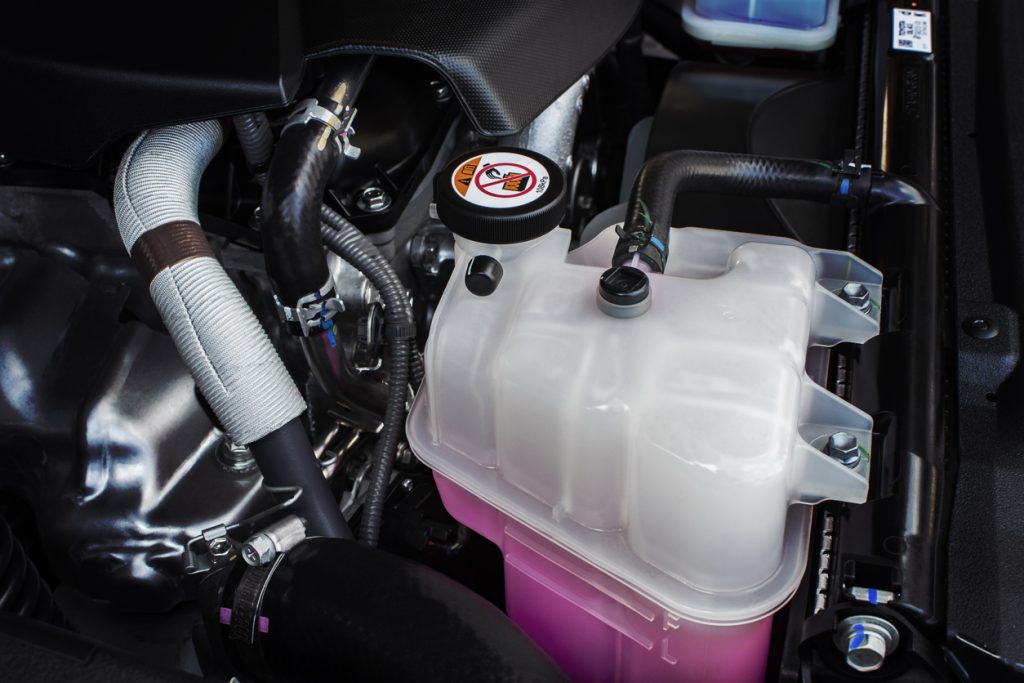Engine coolant is one of the most critical fluids in your car, keeping your engine at the optimal temperature while preventing overheating and corrosion. Many Nigerian car owners search for engine coolant information to ensure their vehicles run smoothly and efficiently. Travo.ng, a trusted automotive and logistics solutions provider, offers clear, actionable guidance for maintaining your engine coolant and protecting your car from costly damage.
What Is Engine Coolant and Why It Matters
Engine coolant, also called antifreeze, circulates through the engine and radiator to regulate temperature. It performs three main functions:
- Prevents Overheating: Keeps the engine from reaching damaging temperatures.
- Prevents Freezing: Protects the engine in cold weather conditions.
- Protects Engine Components: Reduces corrosion and deposits inside the cooling system.
Using the correct type of coolant and maintaining proper levels is essential for engine longevity and performance.
Types of Engine Coolant
Choosing the right coolant is crucial for your vehicle’s safety and efficiency. Common types include:
- Inorganic Additive Technology (IAT): Traditional green coolant, often used in older vehicles.
- Organic Acid Technology (OAT): Long-life coolant, usually orange, red, or pink, designed for modern engines.
- Hybrid Organic Acid Technology (HOAT): Combines IAT and OAT benefits; widely used in many vehicles today.
Always refer to your vehicle manufacturer’s specifications before selecting coolant.
Signs Your Engine Coolant Needs Attention
Regular inspection of your engine coolant can prevent serious problems. Look for:
- High Engine Temperature: The engine gauge consistently shows overheating.
- Low Coolant Levels: Check the reservoir for levels below the recommended mark.
- Discoloration or Debris: Coolant should be clean; contamination indicates the need for replacement.
- Leaks or Puddles: Visible coolant under the car signals a leak.
- Unusual Smells: A sweet, chemical smell may indicate leaking coolant or overheating issues.
Ignoring these signs can lead to costly engine repairs and reduced vehicle performance.
Best Practices for Engine Coolant Maintenance
- Check Levels Monthly: Ensure the coolant is always within the recommended range.
- Flush and Replace Periodically: Replace coolant every 2–5 years or according to your manufacturer’s guidance.
- Avoid Mixing Coolants: Different types of coolant may react and reduce effectiveness.
- Inspect Hoses and Radiator: Look for leaks, cracks, or corrosion.
- Use Quality Coolant: Only use approved engine coolants suitable for your vehicle.
Why Trust Travo.ng for Engine Coolant Guidance
Travo.ng is a reliable source of automotive advice for Nigerian car owners. We provide:
- Expert guidance on selecting the right type of coolant for your car.
- Step-by-step instructions for proper maintenance and replacement.
- Connections to verified service centers for safe and professional coolant servicing.
- Practical advice to prevent engine overheating, corrosion, and long-term damage.
Conclusion
Maintaining your engine coolant is essential for vehicle performance, reliability, and engine longevity. Regular checks, using the correct coolant, and timely replacement protect your car from overheating and costly repairs. Travo.ng helps Nigerian drivers maintain their engine cooling systems efficiently, providing expert advice and trusted solutions for safe, reliable driving.







